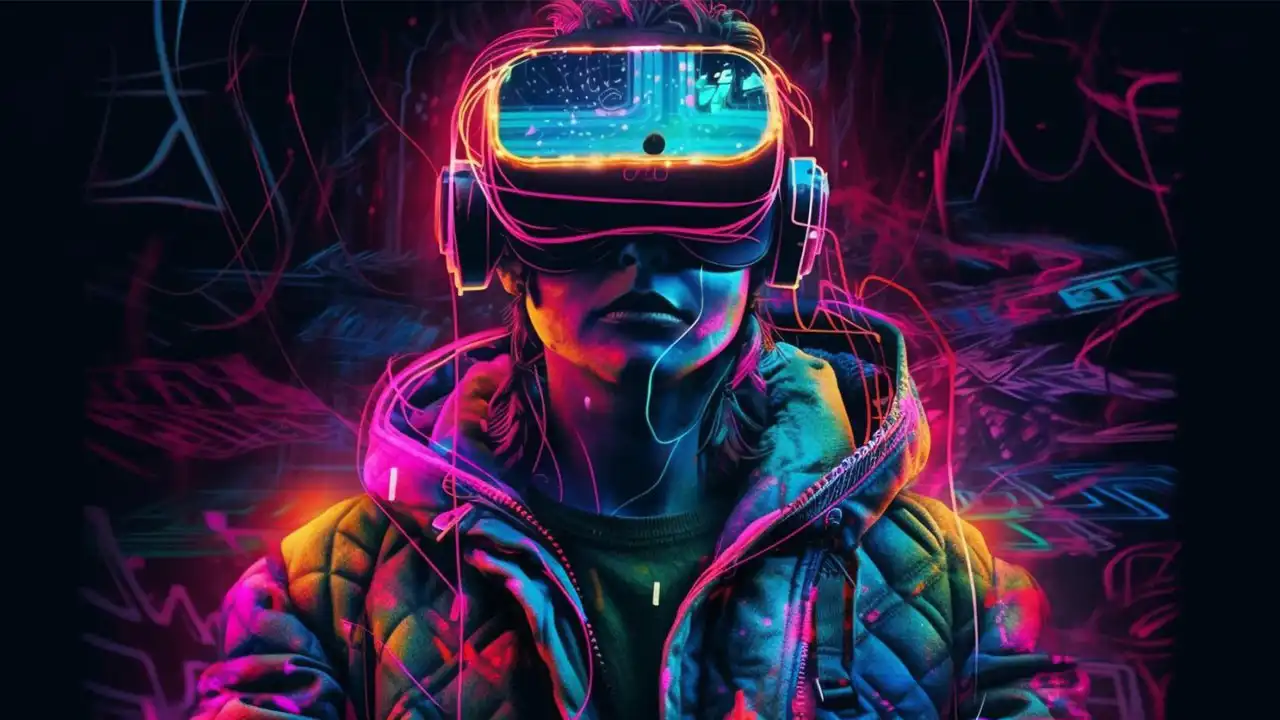
The gaming industry has witnessed a phenomenal evolution, transforming from a niche hobby into a global entertainment juggernaut. With advancements in technology and shifting consumer preferences, the gaming landscape has experienced remarkable growth, captivating audiences across all age groups. In this article, we will explore the latest trends that are shaping the gaming industry, along with the integration of trending keywords to provide a comprehensive overview of its current state.
In recent years, mobile gaming has emerged as a dominant force within the gaming industry. The proliferation of smartphones and the availability of high-speed internet have made gaming more accessible than ever before. Popular titles like "Fortnite," "PUBG Mobile," and "Among Us" have amassed massive global audiences, transcending geographical boundaries. With the convenience of gaming on the go, mobile games have captured the attention of casual and hardcore gamers alike. The integration of augmented reality (AR) and virtual reality (VR) technologies in mobile gaming has further enhanced the immersive experience, setting the stage for future innovation.
Cloud gaming, also known as gaming on-demand has gained substantial momentum in recent years. Services like Google Stadia, Microsoft's xCloud, and NVIDIA GeForce Now have revolutionized how games are played. By streaming games directly to devices without the need for high-end hardware, cloud gaming has eliminated the barrier to entry for many players. This trend allows gamers to access a vast library of games and enjoy high-quality graphics and gameplay without the need for expensive gaming consoles or PCs. With continuous advancements in cloud infrastructure and the proliferation of 5G networks, cloud gaming is expected to become even more popular in the coming years.
Esports has exploded onto the scene, transforming gaming into a spectator sport. Professional gamers compete in tournaments, attracting millions of viewers and generating substantial revenue through sponsorships, advertising, and ticket sales. Games like "League of Legends," "Dota 2," and "Counter-Strike: Global Offensive" have become household names, with dedicated leagues and franchises. Esports has created a new breed of celebrities and influencers, with players achieving fame and fortune through their gaming skills. As the infrastructure for esports continues to develop, with purpose-built stadiums and dedicated streaming platforms, its influence on the gaming industry will only grow.
The gaming industry is becoming more inclusive, welcoming players from diverse backgrounds. Game developers are increasingly emphasizing representation and diversity in their characters and storylines, providing players with relatable and empowering experiences. The push for inclusivity extends beyond gender and race, as accessibility options are being implemented to cater to gamers with disabilities. This focus on inclusivity not only promotes a more diverse and accepting gaming community but also opens up new market opportunities for developers and publishers.
The gaming industry continues to thrive and evolve, driven by technological advancements and changing consumer preferences. Mobile gaming, cloud gaming, esports, and the focus on
inclusivity and diversity are among the key trends shaping the industry's landscape. As we look to the future, it is clear that the gaming industry will continue to captivate audiences, break boundaries, and redefine entertainment as we know it.